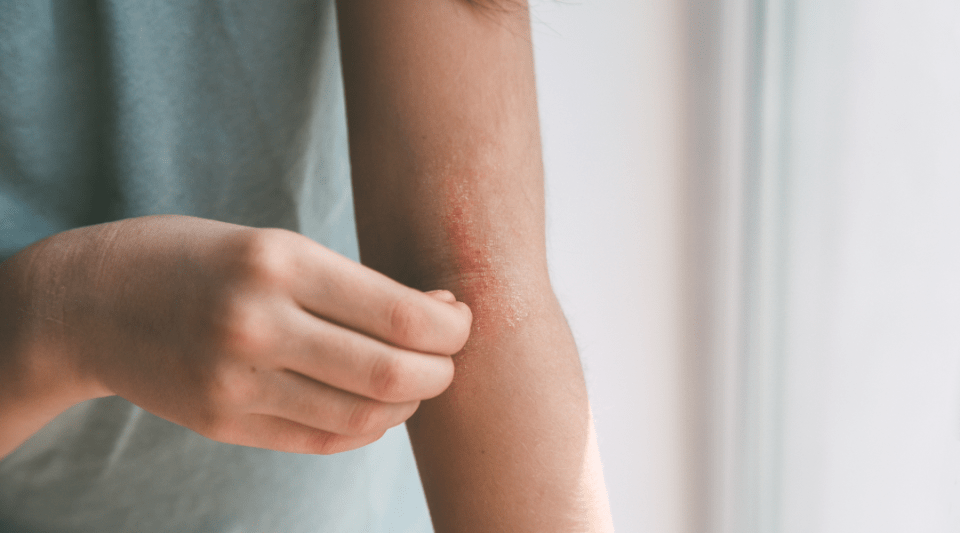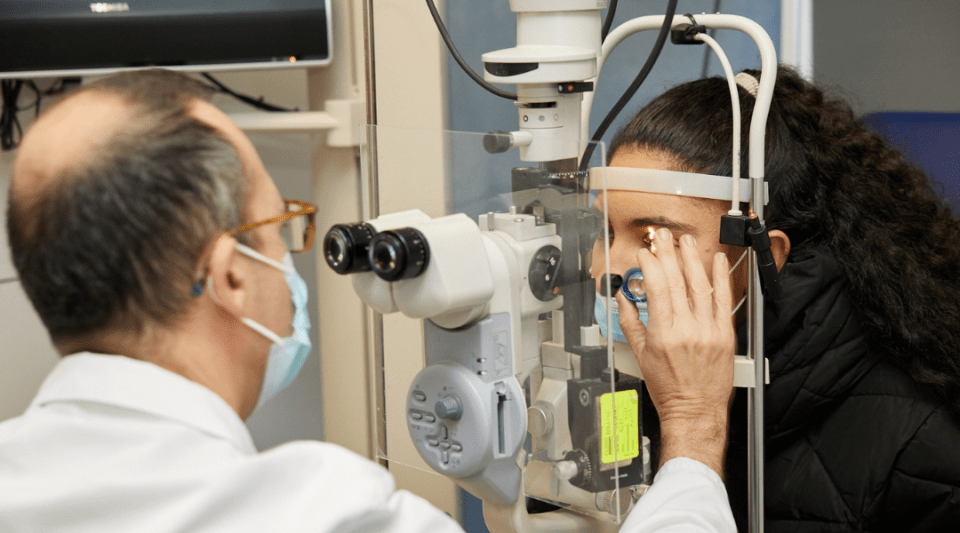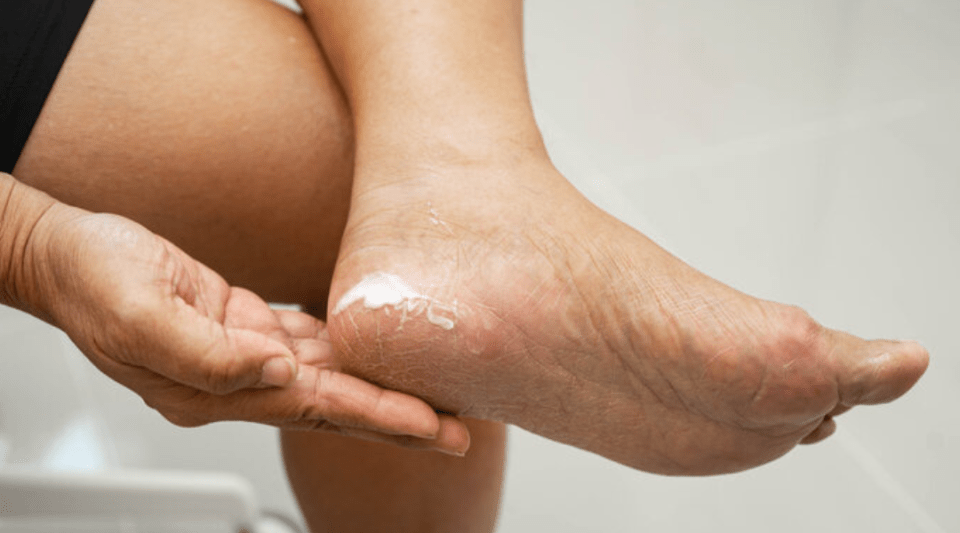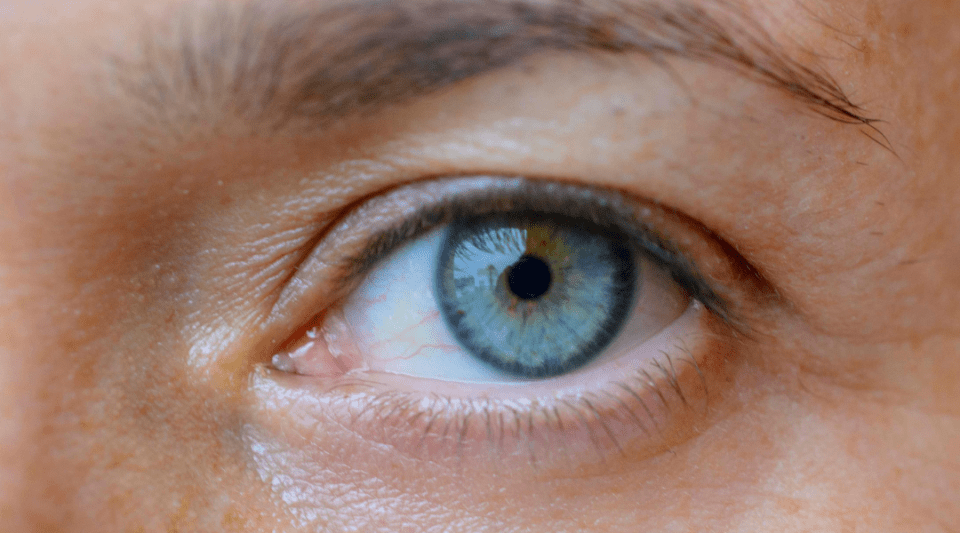For years, the treatment of moderate to severe forms of this disease has been based mainly on the administration of classic immunosuppressants.
However, we are currently facing a true paradigm shift in the treatment of atopic dermatitis. A deeper understanding of the immunological mechanisms involved in the disease has led to the development of innovative therapiesthat offer more effective and safer control of the disease.
Atopic dermatitisis a chronic inflammatory skin disease that affects both children and adults. It is characterized by intense itching and recurrent lesions that appear in flare-ups, significantly impacting quality of life.
New therapies now available: biologics and JAK inhibitors
In this new scenario, the introduction of systemic treatments such as biological drugs and JAK inhibitors has represented a significant advance in the approach for patients with moderate to severe forms. These therapies allow for a more individualised approach, tailored to the clinical and personal characteristics of each patient.
These treatments have demonstrated great effectiveness in improving the different signs and symptoms of atopic dermatitis, which is very important for improving the quality of life of patients. Among them are:
- Reduced itching.
- Decreased inflammation and extent of lesions.
- Greater treatment safety.
These improvements have been observed both in clinical trials and in routine clinical practice in different age groups, including paediatric, adolescent and adult populations.
Biological therapies
Biological drugs are monoclonal antibodies, designed to selectively block some key molecules in inflammation, such as interleukins 4, 13 and 31. These treatments are administered subcutaneously, usually every two to four weeks.
In addition, some have approved indications in other inflammatory diseases, such as chronic nodular prurigo, asthma and chronic rhinosinusitis with nasal polyposis, among others. This may be significant for patients who have different chronic diseases at the same time.
JAK inhibitors
Janus kinase (JAK) inhibitors are small-molecule drugs that target intracellular signalling pathways involved in various inflammatory processes They are administered orally on a daily basis. They are also approved for the treatment of other inflammatory diseases such as ulcerative colitis, Crohn’s disease, rheumatoid arthritis and alopecia areata.
Access to innovative treatments in Spain
In Spain, access to such innovative treatmentsis regulated by National Health System criteria. Currently, a patient must meet the following criteria to receive public health funding:
- Severe atopic dermatitis.
- An inadequate response or intolerance to a previous systemic immunosuppressant (cyclosporine).
The currently approved biological treatments are dupilumab, tralokinumab and lebrikizumab, while nemolizumab is in the advanced phase of evaluation for approval. The JAK inhibitors available are upadacitinib, abrocitinib and baricitinib.
Importance of personalised treatment
Whenever possible, the choice of the most appropriate treatment for each patient is made through shared decision-making between the medical team and the patient. This process takes into account various clinical and personal factors, such as age, the presence of comorbidities, previous experiences with other treatments and preference for a particular route of administration.
The advent of new therapeutic options has not only expanded treatment possibilities but has also made it possible to set more ambitious and sustainable long-term control goals; thereby improving the prognosis and quality of life of people with atopic dermatitis.
INFORMATION DOCUMENTED BY:
Dr Constanza Riquelme Mc Loughlin and Dr Victoria Amat Samaranch, Dermatology Department, Hospital Clínic Barcelona.






